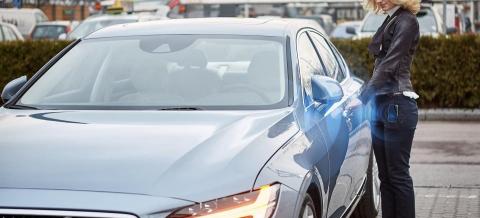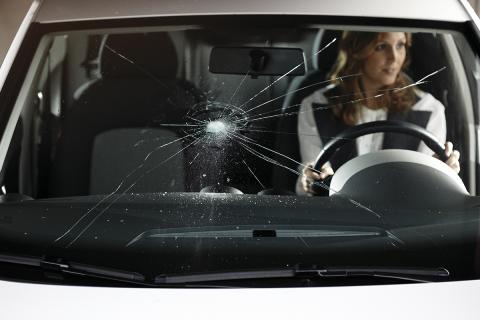In the middle of the Holy Week Special Operation, Traffic intensifies surveillance of the main infractions such as speeding and the consumption of prohibited substances at the wheel. Through Twitter, the DGT recalls the four reasons why you can be subjected to an alcohol and drug control.
With the #hashtag SiConducesPonteACero, those responsible for social networks of the General Directorate of Traffic (DGT) remind that alcohol and drug tests are not only carried out in those situations in which it is too evident that the driver has consumed any of these substances. or an accident has occurred.
With how many beers do you give positive in a Civil Guard breathalyzer test?
The 4 reasons why you can be subjected to an alcohol control
There are four reasons why Civil Guard Traffic Agents (#ATGC) can stop you and ask you to submit to an alcohol and/or drug test. In reality, there are many more, since practically any assumption is justified under the umbrella of preventive controls or random tests.
The test of #AlcoholYOtherDrugs to drivers are carried out in:❎ Preventive controls❎ Special campaigns❎ Accidents ❎ Random tests for investigationsIt is mandatory to submit to them when a police officer #ATGC it requires.#IfYouDrivePonteACero pic.twitter.com/MzvMrO6InV
— Director General Traffic (@DGTes) April 9, 2022
There are four, therefore, the reasons why the Civil Traffic Guard can decide to check the status of a driver:
-
Preventive controls. These are those situations in which the agents detect “impaired driving”. According to the DGT, preventive controls are the most frequent.
-
special campaigns. Periodically, the General Directorate of Traffic launches special surveillance campaigns. In some, it intensifies the speed controls; in others, try to reduce distractions behind the wheel…
-
Accidents. All drivers involved in an accident may be tested for alcohol and drugs at the scene of the accident. The rule also applies to pedestrians and cyclists
-
Random tests. In the latter case, the drivers are chosen at random and the results are used in epidemiological studies of alcohol and drug use.
you can’t refuse
The tweet from the DGT leaves another important message: “it is mandatory to submit to the tests when an agent requires it.”
Any driver can be required, at any place and time, to take an alcohol or drug test. And refusing to take an alcohol or drug test is criminalized and, as such, can be punished with jail time.
If the Civil Guard stops you and you refuse to take the alcohol or drug test, you will be committing a crime that is punishable by between six months and one year in jail. They can also withdraw your card for up to four years.










